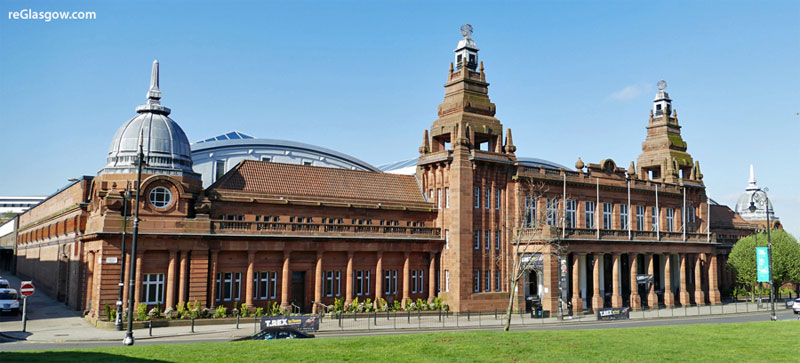
A MAJOR film and television studio production hub looks set to be developed at the Kelvin Hall in Glasgow’s West End.
The massive building’s empty vaults would be kitted out to meet increased demand in the industry. A core tenant is already interested in taking a third of the space.
Glasgow City Council is planning to put £4million into the £12million project. The Scottish Government is offering £7.9million in through Screen Scotland, subject to a long-term tenant being secured.
City council officers have already had talks with one of the UK’s leading providers of TV studios and post-production services.
A report giving details of the proposal states: “The interested specialist facilities company are keen to commit to Glasgow, and recognise the growing, vibrant screen sector as well as appreciating the talent pipeline that would support the predicted increase in TV production activity over the next 15 to 20 years and beyond.
“Glasgow’s ambition, to create a centre of excellence in TV and Film production, resonates strongly with them, and the progress made over the last few months has reached a critical point in the negotiation process.
“This core tenant would occupy around one third of the space that will be made available to film and production companies as part of the new film and TV studio hub at Kelvin Hall.
“As a commercial TV facilities company they provide studio and post production services to all the major TV broadcasters and production companies in the UK including ITV, BBC, Channel 4, and Sky.”
A fully structured ‘studio box’ would be provided along with associated back-of-house production infrastructure such as costume rooms, green rooms and workshops.
The main entrance to the building would be refurbished and front-of-house facilities would be developed, including a food and beverage space that would serve audiences of up to 500 people.
Some minimal interventions would be required to activate the remaining 6,000 square metres as flexible event and film/TV drama set space.

The report continues: “The delivery timeline of the completed build is challenging. In order to attract productions being commissioned outside of London, the studio box needs to be ready in 2021 to allow the studio fit-out to commence.
“Therefore, one of the key attractions to this as an investment proposition, is the speed at which this project can be delivered, given its location within a refurbished building in the city.”
“Other than the BBC’s relatively small facility within Pacific Quay, there is no available space in Scotland of the size and scale to service the types of entertainment productions on offer over the coming years.
“The Pacific Quay space is subject to existing high demand, which currently sees projects originated in Scotland from locally based producers like STV Productions, 12 Yard and Bandicoot relocating filming for shows to London or Manchester.”
Officials state: “The impact of COVID has resulted in greater demand for film and high-end TV drama productions and a preference to shoot in the UK where a safer, more controlled environment can be secured.
“This means more demand is being placed on existing infrastructure at the same time as the Public Service Broadcasters (PSBs) are looking to move high volume/high value projects out of London and into the nations.
“The demand for studios of all kinds, combined with the lack of suitable spaces, added to the PSB’s political imperative to make more productions in Scotland makes this the ideal moment to invest in a bespoke entertainment multi-camera studio.
“At a time when many areas of the economy continue to struggle, this project has the potential to deliver positive economic impact with the investment realising inherent economic benefits over the next 20 years and beyond, acting as a catalyst for further creative, inclusive economic growth in the city.
“In the short-term, the investment would provide an immediate stimulus to the construction sector and help bolster the pipeline of construction activity in Glasgow.”


